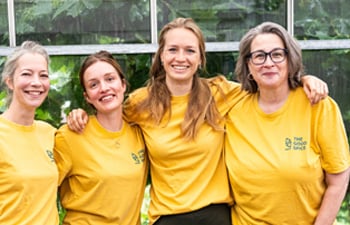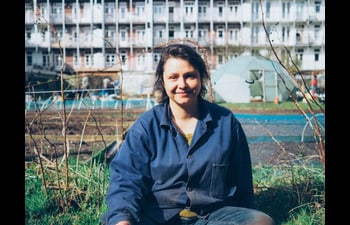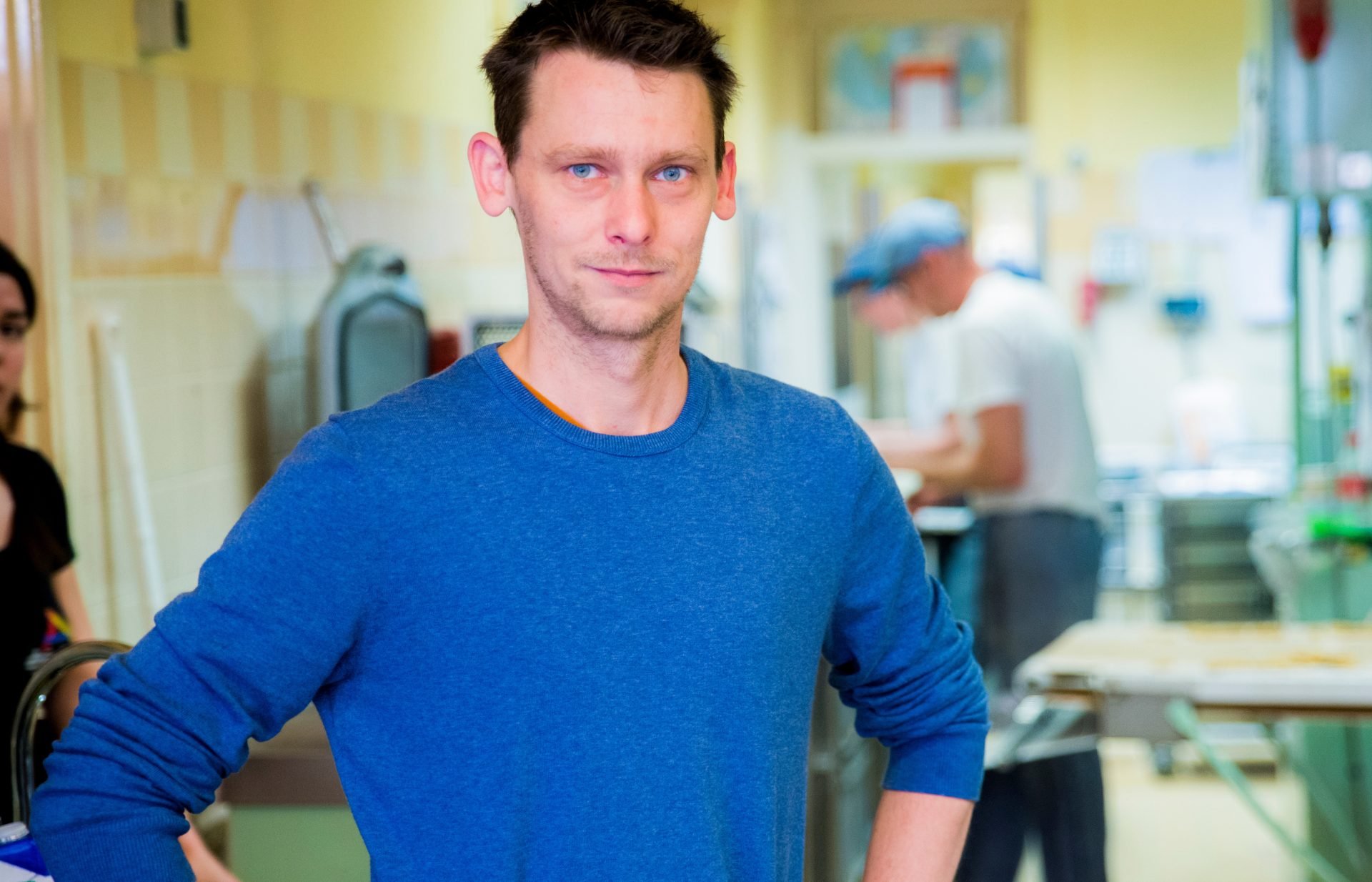Stichting DOEN ondersteunt pioniers die een ondernemende aanpak gebruiken om met oplossingen te komen voor een betere wereld. Lees het verhaal van Vijay Bhaskar, Country Director van Mlinda, een Indiase organisatie die bewoners van rurale gebieden voorziet van schone elektriciteit door het plaatsen van mini-grids.
I served in the army for 25 years, where I spent a lot of time in the border regions. Although we were successful, during the course of these difficult operations we lost a number of men. I was very disturbed by this. Since I was the commanding officer of my unit it was my responsibility to hand over the remains to the next of kin, the mothers, the wives, the parents and tell them how brave their sons were. How well he fought, how well he did. It was a devastating experience. To see a mother taking her dead son back is not a nice thing. The soldiers of my unit were mainly men from rural areas and one thing really struck me: they were very brave people. Many of them told me, that they were very happy that their son fought bravely and they’d understand and believed in the cause for which he fought for. Some of the mothers even told me: ‘I wish I had another son to send to fight with you.’ I was very deeply moved by this. As from that point I thought: if I ever get a change to give something back to these communities, where those poor men came from, I would take it with both hands. I left the army ten years ago and Mlinda has given me a chance to come back to these people. That’s the inspiration to me. Because they are very simple, brave, patriotic, good people. And I think that’s India’s strength. I want to work to better their lot.
There is a place called Dhanchattani in the district of Purulia in the jungles of Ayodhya hills. It’s an extremely difficult place. The government wanted to provide energy to the people there but they could not penetrate that area so they asked us to set up micro grid systems. We entered those villages and told them they would get electricity in three months’ time. They did not believe us. Three months from then we got hold of the entire designed systems, put them all together into two trucks along with the ABC contractor, and my colleagues Sudeshna, Tania and I moved with them to that same village. Since we could not stay the night there, we had to dump the stores on a previous evening to come back early in the morning the next day to finish installing the systems in one day. As we approached the villages it started raining extremely heavily. The stream became a flash flood. The village was on top of a hill and we were downhill, cut off, but we were extremely determined that we would reach it. The truck could not move because of the flood, so we asked the men with the ABC contractor: ’Can you help us?’ But they wouldn’t, they were a little scared. So Tania got down, picked up a solar panel, put it on her head and started crossing the river! Then Sudeshna and I followed. As we trudged up to the village and the villagers saw us coming up and they came running down. The entire village came down, waded across the river, picked up all the equipment for the micro grids that were to ferry and we took it across. I think it was one of the most extremely touching moments for me. I will never ftwo orget this.
This was the first of three grids that were coming up in Purulia. We knew we had a good project, but we needed to make the micro grid into something that would be scalable. And scalable meant that you had to do it in a manner that addresses the issues but at the same time make it commercially viable. We had a discussion with The DOEN Foundation on how we could do this. Because on the one hand you need to build trust with the communities and there is an experimental time we need to prove these things before we can take it to scale. Plus there will always be the element of social inclusion and building the eco system around it. It is a community kind of an inclusive approach. So how do we take this to the next stage? I remember Jeff Prins from The DOEN Foundation coming down here and discussing this. He said: ‘go ahead, we will support you.’ That was very very touching. I think from that moment on, DOEN has been a great support for us. I am sure we make this a success and take it to the next stage. We will not only scale, but help other organizations to help replicate this in various other geographies. I think there are many organizations in the world, I mean many foundations, that would like to help people, but what sets DOEN apart are the people that work there. The ones where we’ve interacted with, so far and before, they are a very positive, cheerful bunch of people. I’m always inspired and positive whenever I interact with you all. That is something I wanted to convey.
Auteur: Indra Heerkens
Stichting DOEN ondersteunt pioniers die een ondernemende aanpak gebruiken om met oplossingen te komen voor een groene, sociale en creatieve samenleving. DOEN ondersteunt Mllinda met een subsidie. Mlinda ontwikkelt mini-grids voor dorpen in Noord-Oost India die afhankelijk zijn van dure en vervuilende energie. Een mini-grid is een collectief energiepunt in een wijk, waarbij zonnepanelen met elkaar verbonden worden. Hiermee voorziet Mlinda huishoudens en ondernemers van betaalbare en groene stroom. Ook biedt zij ondernemers toegang tot nieuwe markten, waardoor hun inkomen kan groeien. Mlinda probeert bovendien een model te ontwikkelen dat op lange termijn duurzaam is, en daarmee een voorbeeld neer te zetten voor de sector. Op dit moment maken meer dan 5200 personen gebruik van de mini-grids en bespaart elk dorp dat is aangesloten gemiddeld 25 ton CO2-uitstoot per jaar.
Lees hier het onlangs verschenen artikel in The Economist over Mlinda.


